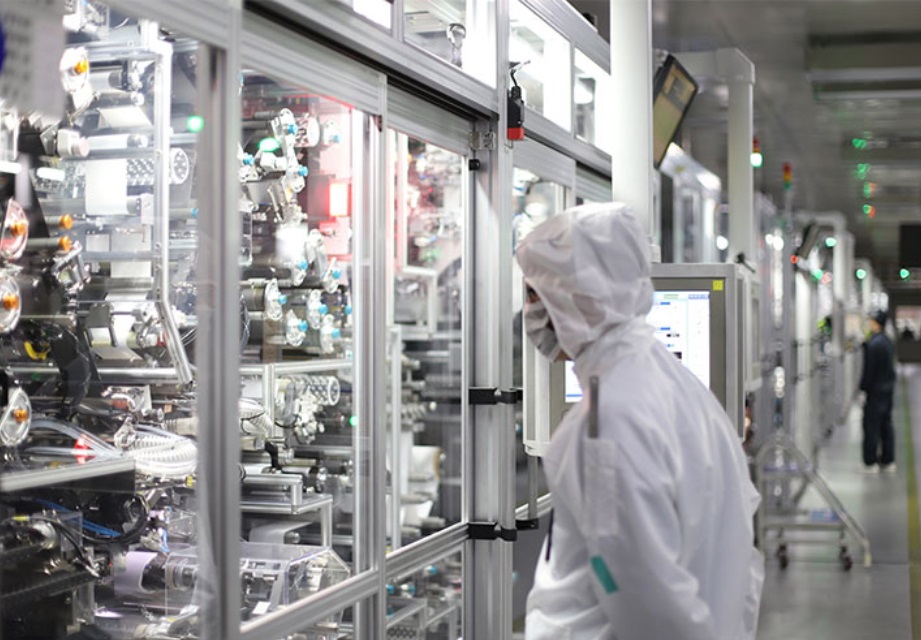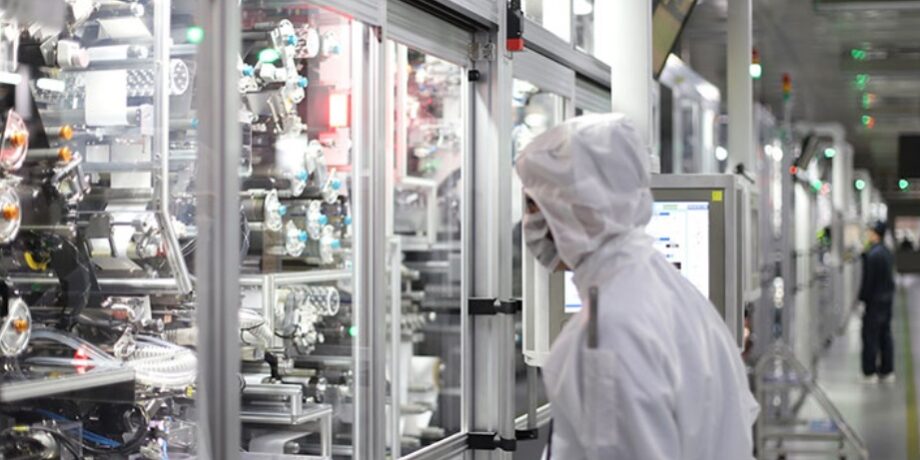
Gotion High-Tech’s local subsidiary aims to build a battery pack and module gigafactory in Thailand targeting the electric vehicle (EV) and stationary storage markets.
The Chinese lithium battery manufacturer’s group company Gotion Singapore has agreed to form a joint venture (JV) with a pair of Thai power companies, Arun Plus Company and Global Power Synergy Public Company, to add to Gotion’s 14 existing giga-scale manufacturing facilities worldwide.
The deal was announced last week by PTT, a publicly listed oil and gas company owned by the government of Thailand. PTT is one of the owners of Global Power Synergy Company (GPSC), which was launched as an innovative and smart energy arm, that in turn formed a JV with Arun Plus to form Nuovo Plus Company (Nuovo Plus).
Nuovo Plus will own 51% of the Thai gigafactory business, and Gotion 49%. The JV holds authorised capital for investment of “nearly” THB600 million (US$17.21 million) PTT said.
Called NV Gotion Co, the new JV will import, assemble, and distribute battery modules as well as battery packs for EVs and battery energy storage systems (BESS).
According to PTT Public Company chief new business and infrastructure officer Dr Buranin Rattanasombat, the plant will have developed, and be providing, “high-quality lithium-ion batteries to the market” by Q4 2023.
The plant’s initial production capacity will be 1GWh/year, with plans to double that by the middle of the decade.
Rattanasombat, who is also chairman of the board for Nuovo Plus, said the establishment of the JV connects the upstream and downstream business involvement of PTT Group. NV Gotion can be a one-stop shop for industrial batteries in the wider ASEAN region of Southeast Asian countries as well as in Thailand, the chairman claimed.
As well as import, manufacture and distribution, the JV will also combine the R&D capabilities of the partners and their manufacturing know-how and an expert technical knowledge base, Rattanasombat said.
The plant will be built in Thailand’s Eastern Economic Corridor (EEC) which spans three provinces.
While it seems likely that a significant portion of the factory’s production will be dedicated to EVs, as is the case with the vast majority of new lithium battery production facilities around the world, the mention of a dedicated focus to the BESS sector marks the plan out as one of a growing handful.
In mid-November, Chinese BESS and solar PV inverter manufacturer Sungrow signed a memorandum of understanding to collaborate on energy transition topics including energy storage and green hydrogen with the state Provincial Electricity Authority (PEA) of Thailand. Sungrow is also supplier of BESS equipment to a Thai solar-plus-storage plant which will host Southeast Asia’s biggest battery system so far, at 45MW/136.24MWh.
Thailand’s government is targeting 37% renewable energy in the energy mix by 2037, equivalent to just under 2.8GW of renewable generation. Longer term, carbon neutral status is being pursued for accomplishment by 2050 and net zero emissions by 2065.
Uptick in Southeast Asia’s energy storage investments
As detailed in a feature article included in the latest edition of our downstream solar technology journal PV Tech Power (Vol.33), Southeast Asia, while still a relatively small market compared to the US or other leading regions, is seeing battery storage investments and project numbers grow rapidly.
“The real uptick in investments into BESS projects, I’m talking about real commercial projects with solid financial fundamentals, came about three to four years ago and in the last two years, it is going exponentially up,” DNV principal consultant and energy storage lead George Garabandic said in interviews for the article.
Garabandic namechecked Vietnam, Thailand, Taiwan, Philippines, Singapore, Malaysia and Indonesia, as regions where year-to-year growth in the energy storage markets have been growing “like crazy”. An extract of the article was published on this site today and can be read here.
Gotion appears to agree with that estimation – towards the end of November, the Chinese manufacturer’s JV in Vietnam with Vietnamese battery and storage-as-a-service group VinES broke ground on a battery cell factory.
The US$275 million plant will have 5GWh annual production capacity and will make lithium iron phosphate (LFP) cells. Like Gotion’s Thailand plant, it will aim at both EV and BESS industry sectors, with start of operations scheduled for the third quarter of next year.






